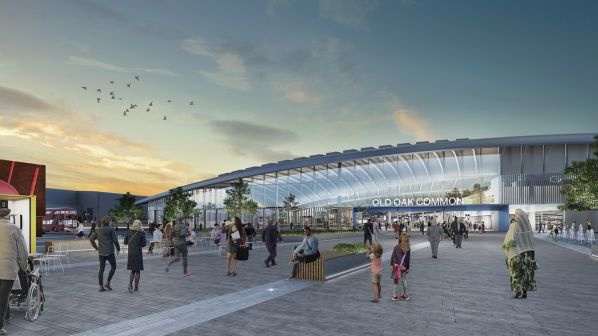The DfT estimates that the project will cost between £65bn and £88bn at 2015 prices, between 17% and 58% more than available funding. But the NAO says that because construction contracts have not been let there is still uncertainty about 50% of the cost of constructing Phase 1.
This figure is lower than the cost estimate included in an unpublished draft review of the project led by former HS2 chairman Mr Doug Oakervee, which the Financial Times reported found that the project could cost up to £106bn.
The report also says construction of Phase 1 must start in March to avoid further delays.
The NAO says both the DfT and HS2 underestimated the complexity and risk associated with the project, while commitments to parliament resulted in longer tunnels and the erection of noise barriers, which helped to push the cost up.
Full services on the entire network are now forecast to start between 2036 and 2040, between three and seven years later than originally planned.
“By not fully and openly recognising the programme’s risks from the outset, DfT and HS2 Ltd have not adequately managed risks to taxpayer money,” the NAO says. “They have tried to understand and contain costs but have been unable to bring them within the available funding or enable passenger services to start by the planned opening date.”
Phase 1 involves construction of a 220km 360km/h line between London Euston and Birmingham Curzon Street plus a section to Lichfield on the West Coast Main Line, while the 69km Phase 2A will extend the line north from Lichfield to Crewe and Phase 2b will extend the line by 82km from Crewe to Manchester and 198km from Birmingham to Leeds.
The NAO says Phase 2 is at a much earlier stage of development than Phase 1 but is already forecast to cost more and take longer than expected. HS2’s current forecast is for Phase 2a to open between 2030 and 2031, and for Phase 2b to open between 2036 and 2040, three to seven years later than planned. Phase 2a could cost £6.5bn, 87% higher than the available funding, while Phase 2b could cost £41bn, 63% higher than the funding available.
For detailed information on high-speed projects around the world, subscribe to IRJ Pro.

